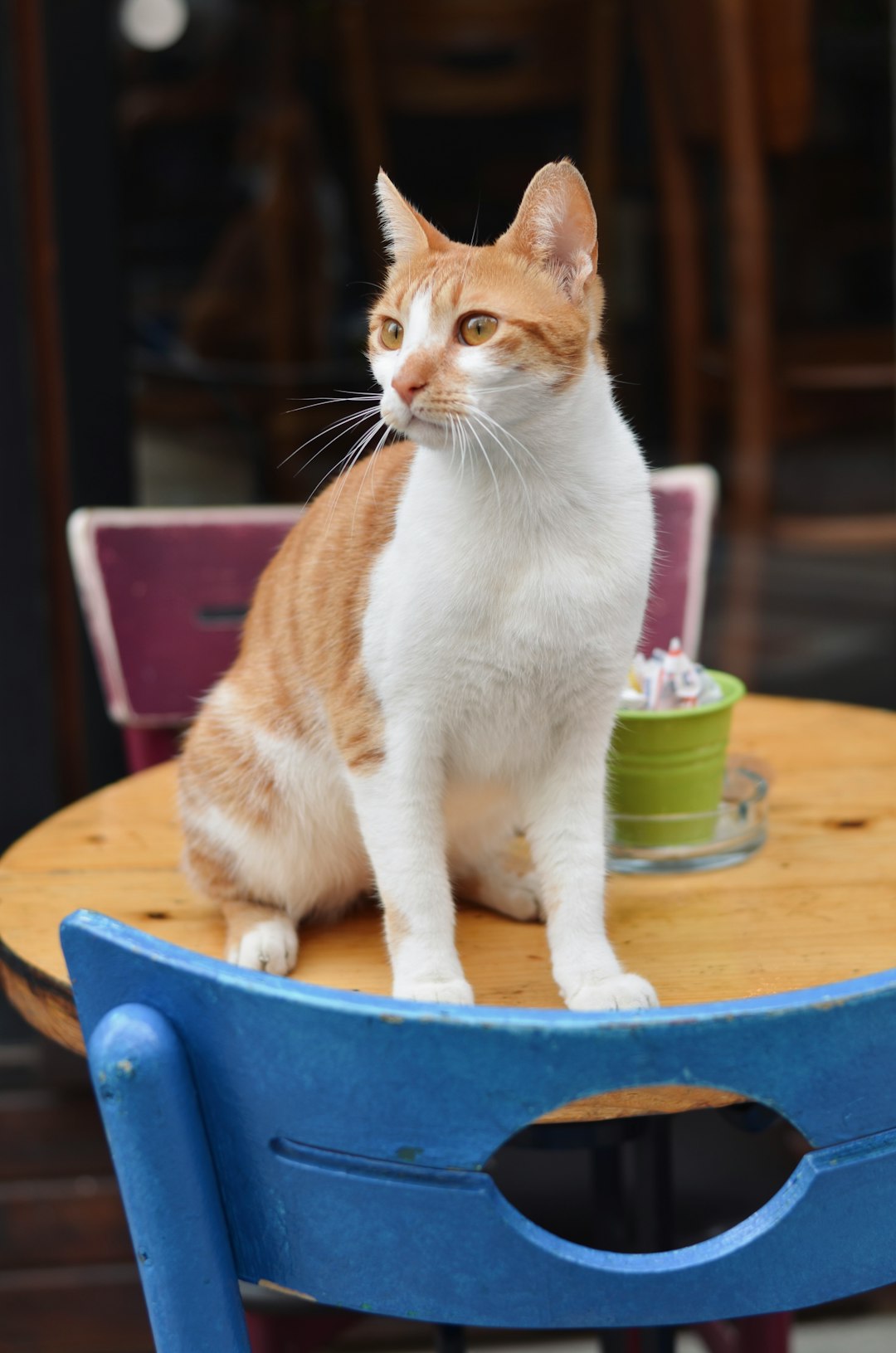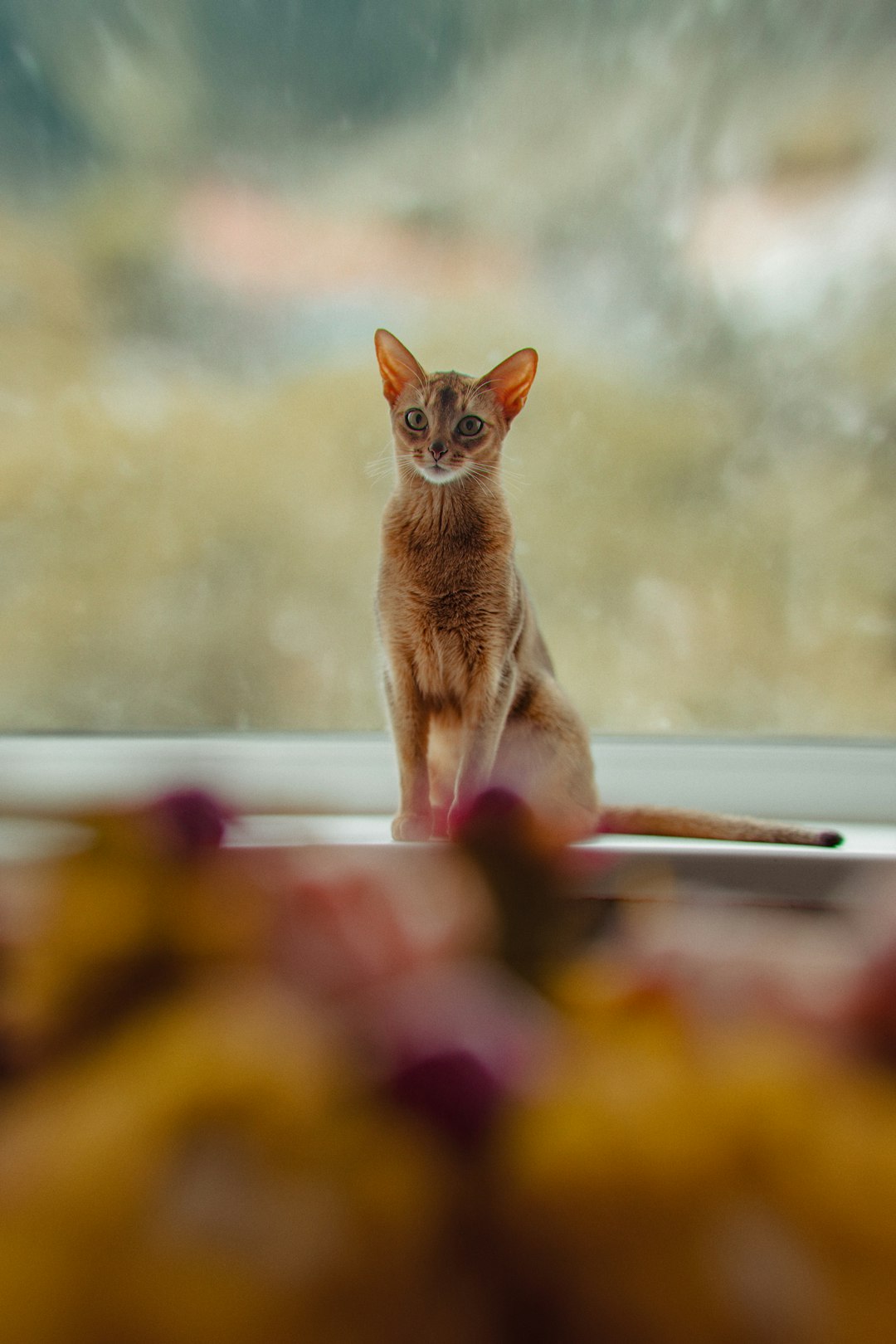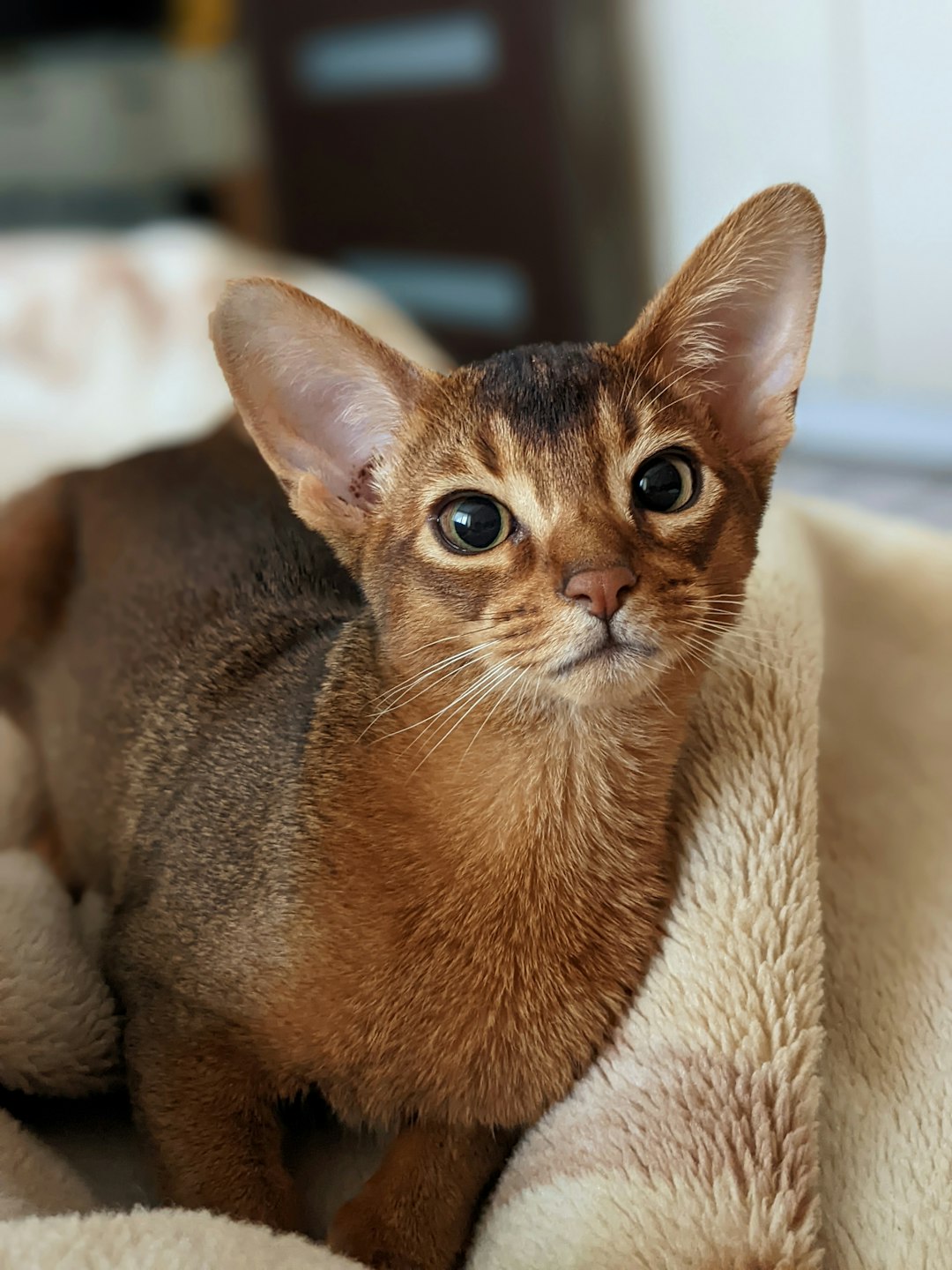Curly fur cats are charming companions known for their distinctive and playful coats. These unique breeds not only capture hearts with their adorable appearance, but they also boast fascinating characteristics and personalities. Understanding the traits of a curly fur cat can help potential owners appreciate the care and attention these feline friends require. From the popular breeds that showcase these unique coats to essential health considerations, this guide will explore everything you need to know about adopting and nurturing a curly fur cat.
Introduction to Curly Fur Cats
Curly fur cats offer a distinctive charm that sets them apart from traditional feline companions. Known for their unique coat types, these cats feature soft, wavy fur that not only looks appealing but also provides a different texture to pet. Breeds like the LaPerm and Cornish Rex exemplify this delightful trait, captivating cat lovers worldwide.
Key Features of Curly Fur Cats:
- Unique Coats: Their curly fur comes in various lengths and densities, showcasing individual personalities.
- Low Shedding: Many curly fur cats shed less, making them suitable for allergy sufferers.
- Varying Temperaments: These breeds often exhibit playful and affectionate natures, enhancing their appeal as pets.
In summary, adopting a curly fur cat adds not just aesthetic beauty to your home but also a delightful, interactive companion. With proper care and attention, these cats can thrive and become beloved family members. If you’re considering bringing a curly fur cat into your life, you’ll appreciate their delightful quirks!
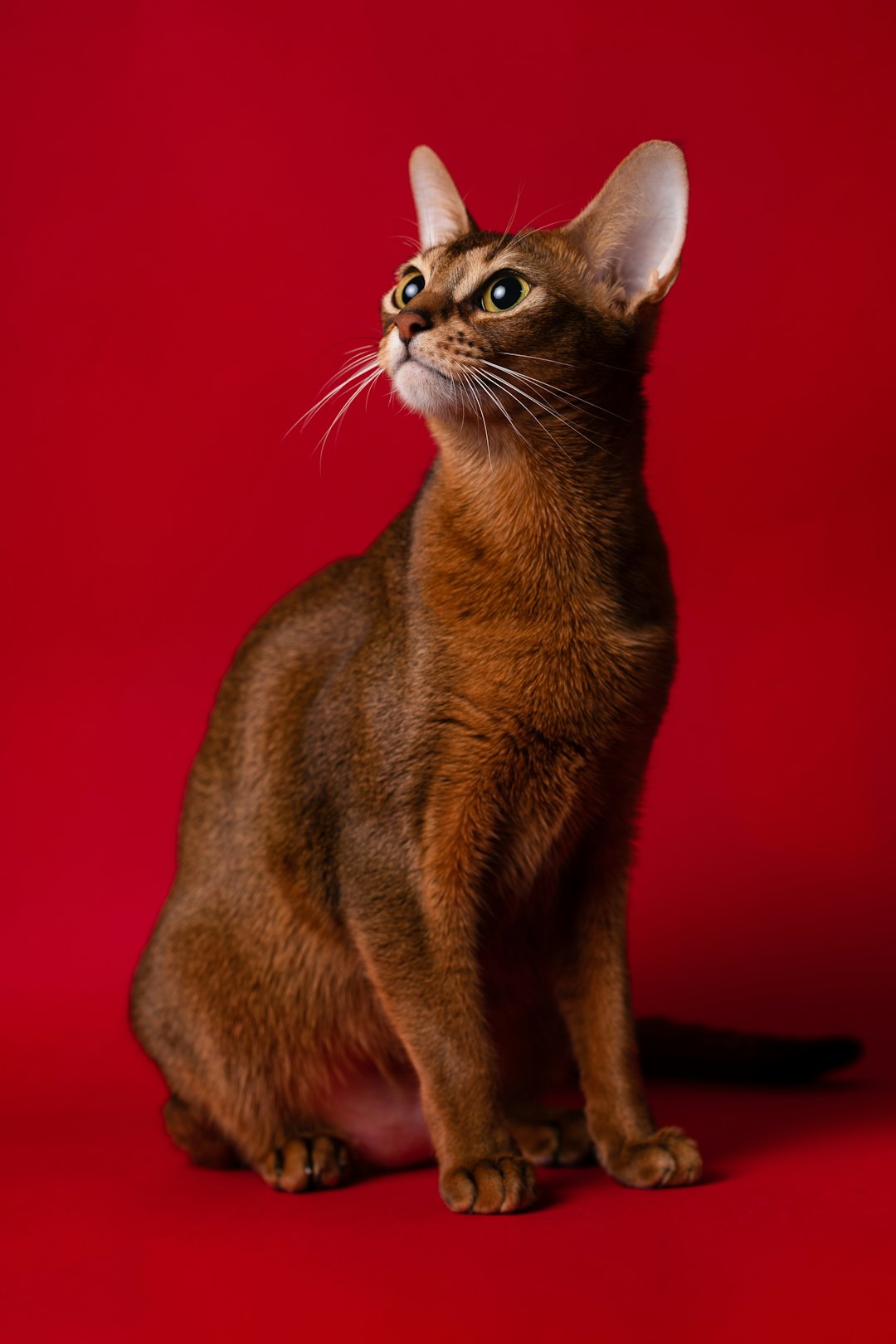
Characteristics of Curly Fur Cat Breeds
Curly fur cats are known for their distinctive and enchanting fur textures, which come with a variety of traits. Below are some defining characteristics that set these breeds apart:
Unique Coat Types: Curly fur cats possess a unique curl or wave that differentiates them from traditional cat breeds. This coat texture can vary in tightness and length.
Hypoallergenic Qualities: Many curly fur cat breeds tend to produce fewer allergens compared to their straight-haired counterparts, making them a great choice for allergy sufferers.
Variety of Colors: Curly fur cats showcase a stunning array of colors and patterns, allowing potential owners to choose a fur companion that suits their aesthetic tastes.
Eccentric Personalities: Often, curly fur cats exhibit playful and affectionate personalities, thriving on human interaction and playful environments.
To summarize, a curly fur cat not only captivates with its unique appearance but also comes with personality traits that can complement any household. Whether you’re looking for a playful companion or a cuddly friend, curly fur cats might just be the ideal choice for you!
Popular Breeds of Curly Fur Cats
Curly fur cats are truly enchanting and come in several unique breeds. Here are some of the most popular curly fur cat breeds:
Cornish Rex
- Coat: Short, soft curls
- Personality: Playful and affectionate
- Weight: 6-10 lbs
Devon Rex
- Coat: Short, wavy and dense curls
- Personality: Energetic and social
- Weight: 5-10 lbs
LaPerm
- Coat: Varied lengths with tight curls
- Personality: Friendly and gentle
- Weight: 6-10 lbs
These breeds stand out not only for their adorable curly fur but also for their friendly dispositions. If you appreciate a playful companion, the Cornish Rex or Devon Rex might be the perfect fit. On the other hand, the LaPerm offers a more laid-back demeanor while still sporting that charming curly coat.
In summary, each curly fur cat breed provides a unique combination of appearance and personality, making them cherished additions to any home.
Care and Maintenance of Curly Fur Coats
Caring for a curly fur cat requires specific attention to ensure their unique coats remain healthy and vibrant. Here are essential tips for maintaining their curly fur:
Regular Grooming: Brush your curly fur cat at least once a week to prevent matting. Use a wide-tooth comb to gently detangle and promote healthy skin underneath.
Bathing Needs: Unlike straight-haired cats, curly fur cats benefit from occasional baths. Use a gentle, cat-specific shampoo. Aim for a bath every 4-6 weeks to keep their coat clean without stripping its natural oils.
Nutrition: A balanced diet rich in omega fatty acids supports healthy skin and coat. Look for food specifically formulated for cats with curly fur.
Environmental Considerations: Keep your home free of allergens. Regular vacuuming and maintaining a dust-free environment contribute to the overall well-being of your curly fur cat.
In summary, attentive grooming, proper bathing, good nutrition, and a clean home are pivotal to maintaining the beauty of a curly fur cat’s coat. With the right care, they will surely thrive!
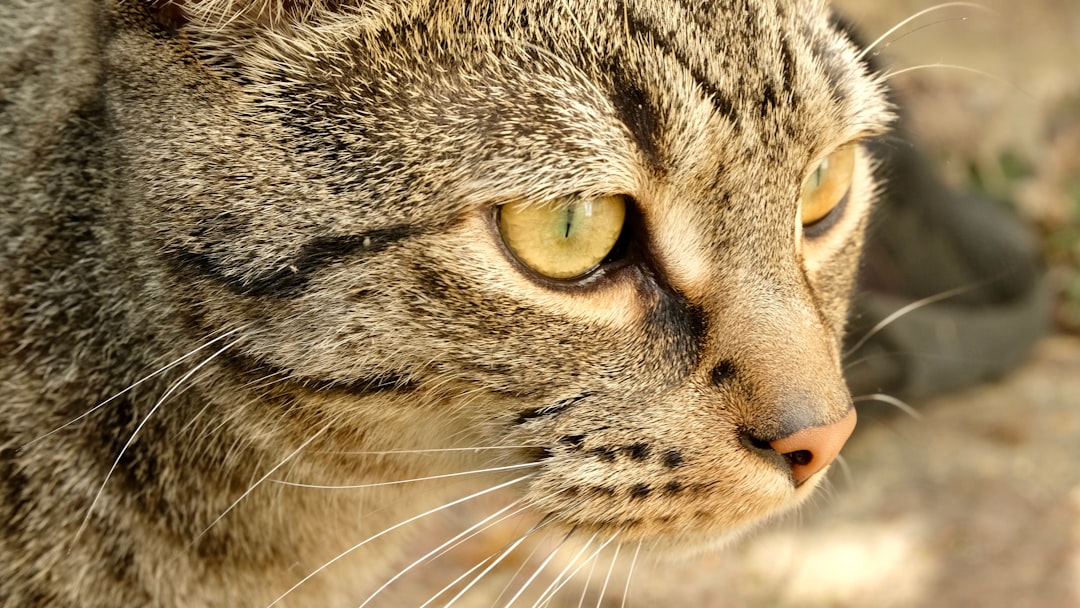
Health Considerations for Curly Fur Cats
Owning a curly fur cat is a delightful experience, but it’s essential to be aware of their specific health considerations. Here are some key aspects to keep in mind:
Skin Sensitivity: The unique coat of a curly fur cat can be prone to skin issues. Regular check-ups and good hygiene practices can help prevent irritations.
Allergies: Just like any feline, curly fur cats can suffer from allergies. Be vigilant for symptoms like sneezing or skin rashes, and consult your veterinarian if needed.
Genetic Disorders: Certain curly fur breeds may be predisposed to genetic conditions. Research your specific breed’s potential health concerns before bringing one home. Common issues to watch for include:
| Condition | Breed | Notes |
|---|---|---|
| Hypertrophic Cardiomyopathy | Cornish Rex | Heart issues can arise with age. |
| Osteochondrodysplasia | LaPerm | Skeletal deformities are possible. |
- Regular Vet Visits: Make annual vet visits a priority to monitor any changes in health and to keep vaccinations up to date.
Attention to these health considerations will ensure your curly fur cat remains happy and healthy throughout its life.
Personality Traits of Curly Fur Breeds
Curly fur cats are not only visually striking but also boast unique personality traits that make them delightful companions. Here are some common traits observed in these charming felines:
Affectionate: Curly fur cats often crave human interaction and enjoy cuddling with their owners. They form strong bonds, making them great for families or single caregivers.
Playful: These cats typically retain a playful demeanor into adulthood. They love engaging with toys and can entertain themselves by chasing after small objects.
Social: Many curly fur breeds are highly social. They tend to get along well with other pets and enjoy the company of children, making them suitable for various living situations.
Intelligent: Curly fur cats display a high level of intelligence. They can learn tricks and commands quickly, making training sessions fun and rewarding.
Curious: Their inquisitive nature leads them to explore their surroundings, often resulting in amusing antics. Keeping a stimulating environment is crucial for their well-being.
Opting for a curly fur cat means inviting a lively, loving companion into your home, full of budding personality traits that unveil with each passing day.
Choosing the Right Curly Fur Cat for You
Selecting the perfect curly fur cat involves several important factors. To help streamline your decision-making process, consider the following aspects:
- Lifestyle Compatibility: Assess your daily routine. Curly fur cats, like the LaPerm, love attention and interaction. If you have a busy schedule, consider a breed that is more independent.
- Space Availability: Different breeds require varying amounts of space. For instance, the Cornish Rex thrives in smaller living spaces, while other breeds might need more room to roam.
- Grooming Needs: Although curly fur cats often exhibit low-shedding coats, their grooming requirements can differ. The Selkirk Rex may need more frequent grooming than the Devon Rex due to its denser coat.
- Activity Level: Some curly fur cats, like the LaPerm, are playful and active. Make sure you can provide the necessary stimulation and playtime.
By carefully considering these factors, you’re more likely to find a curly fur cat that complements your lifestyle and brings joy to your home.
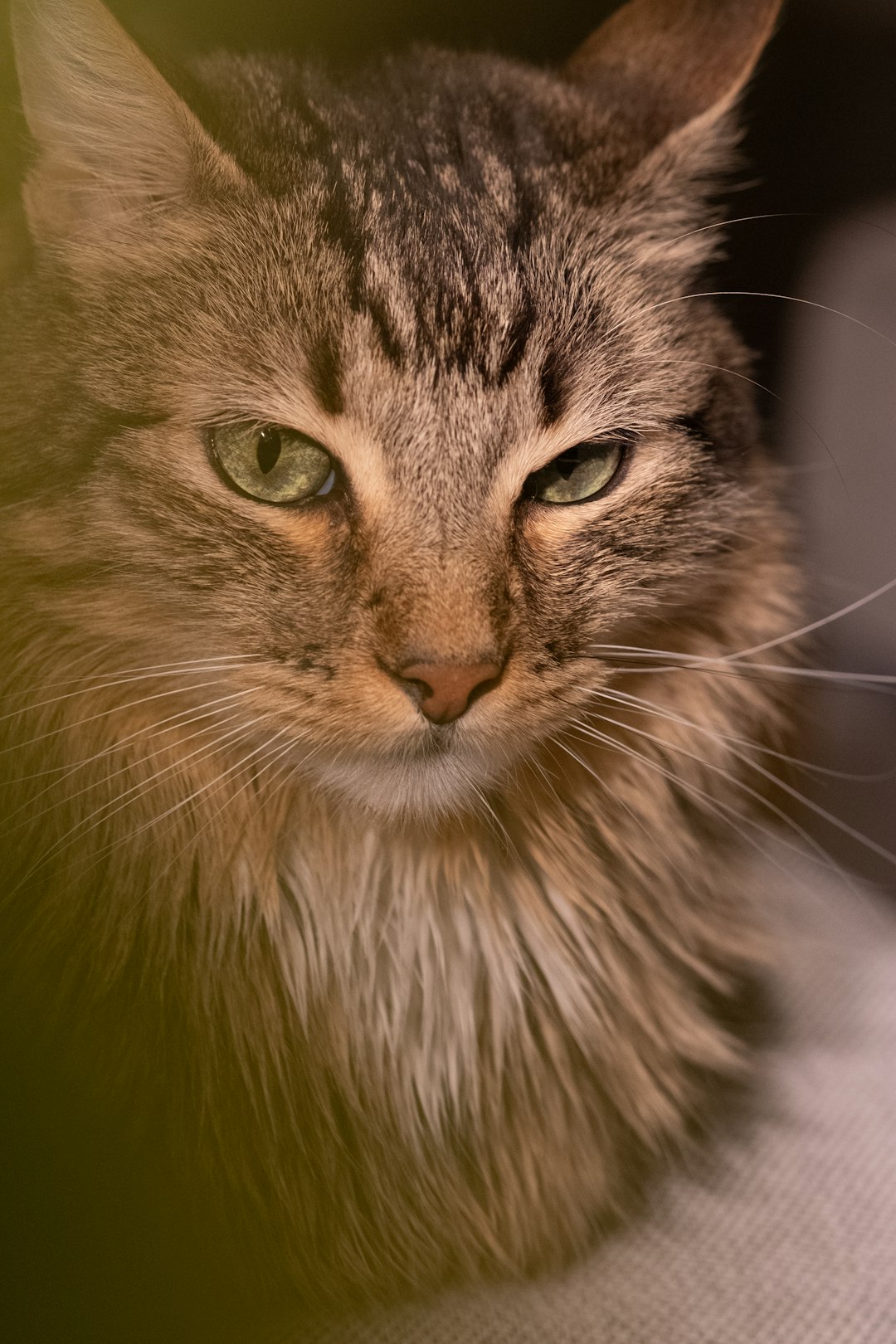
Conclusion: The Appeal of Curly Fur Cats
Curly fur cats possess a unique charm that captivates the hearts of many feline enthusiasts. Their distinctive coats not only set them apart visually but also come with a set of characteristics that make them exceptionally appealing companions. Here are some reasons why curly fur cats are a great choice for pet lovers:
Low Shedding: The curly coat helps minimize shedding, making these cats ideal for those with allergies or who prefer a cleaner home environment.
Playful Personalities: Many curly fur cat breeds exhibit a spirited demeanor and enjoy engaging with their human companions.
Affectionate Nature: Known for their loving disposition, these cats often form strong bonds with their owners.
Unique Aesthetic: The unique textures of a curly fur cat’s coat, whether soft or plush, provide a visually striking addition to any household.
In summary, curly fur cats combine beauty, playfulness, and companionship, ensuring they remain a beloved choice for pet owners seeking something extraordinary. If you’re considering adding a feline friend to your family, embrace the allure of a curly fur cat!
Frequently Asked Questions
What are curly fur cats and what breeds have this unique coat type?
Curly fur cats are a distinctive group of cat breeds characterized by their unusual, plush, and tightly curled coats. Notable breeds that feature curly fur include the Cornish Rex, Devon Rex, and LaPerm. These breeds possess a genetic mutation that causes their hair to curl rather than lie straight. As a result, curly fur cats often have less fur compared to traditional breeds, making them lighter and often more playful. Their unique coat also requires special grooming techniques to maintain its softness and manage any potential matting.
How do curly fur cats differ in temperament from other cat breeds?
Curly fur cats are often known for their playful and social temperaments, setting them apart from many other cat breeds. For instance, Cornish and Devon Rex cats are typically energetic and love to engage in interactive play with their human companions. They thrive in social environments and often enjoy the company of other pets. Their affectionate nature means they can be very vocal and expressive. This sociability, combined with their unique appearance, makes them charming companions for families and individuals alike.
Are curly fur cats hypoallergenic?
While no cat breed is completely hypoallergenic, many people with allergies find curly fur cats to be more tolerable. This is primarily because they produce less shedding and dander compared to other breeds, as their unique coat structure traps loose hairs. Breeds such as the Cornish Rex and Devon Rex are often recommended for allergy sufferers due to their lower levels of allergens. However, it’s essential to spend time with these breeds before making a decision to ensure you can tolerate their specific allergens.
What grooming needs do curly fur cats require?
Grooming needs for curly fur cats are generally more specialized than those of traditional breeds. While they shed less fur, their unique coats can easily become matted if not cared for properly. Regular brushing, at least once or twice a week, is essential to maintain their coat’s curl and prevent tangles. Additionally, bath routines should be established to keep their fur clean and moisturized. Many curly fur cats enjoy water, making bath time a fun experience for both the cat and the owner. Regular ear cleaning and nail trimming are also important components of their grooming regimen.

